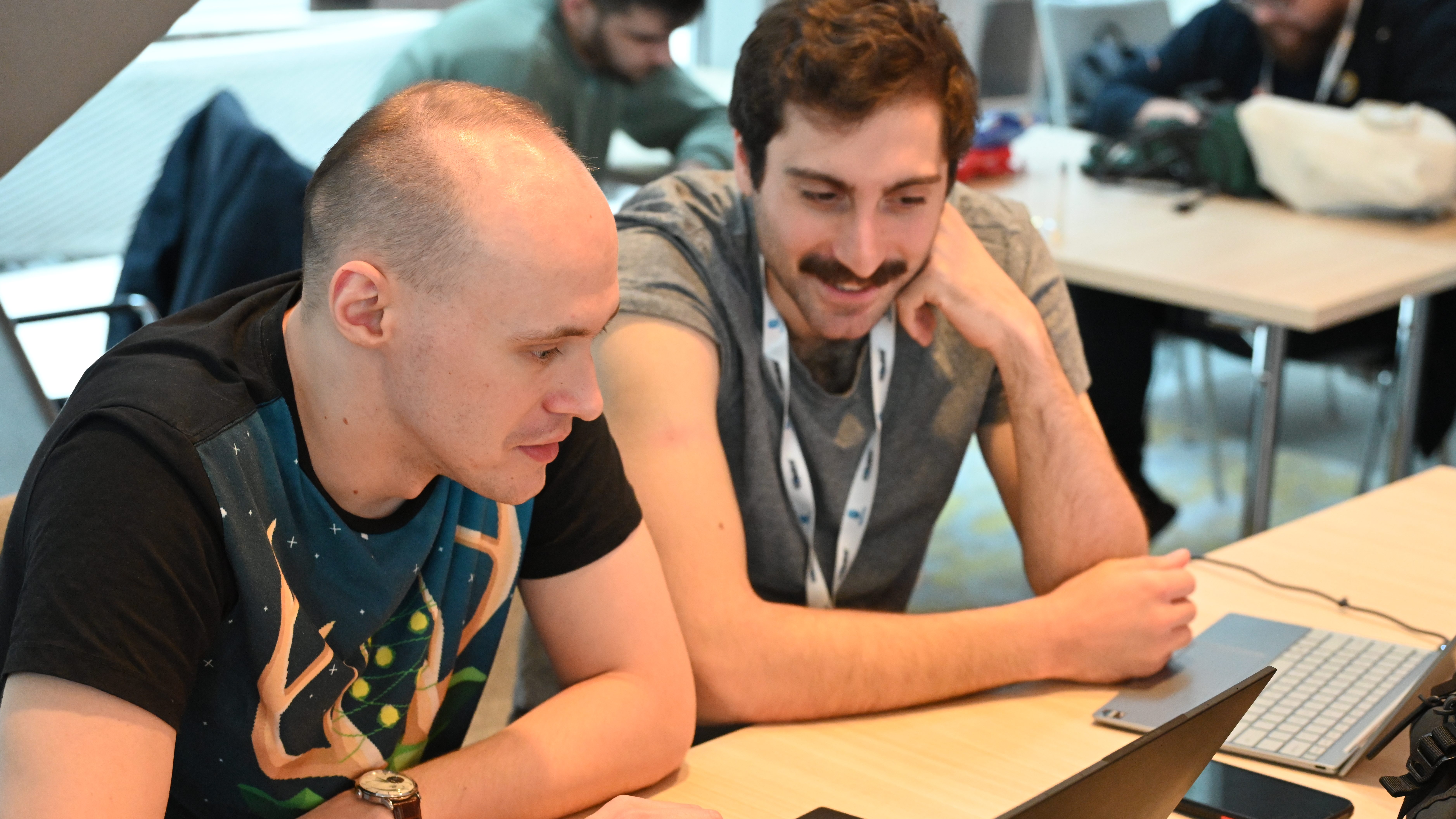Starting Over in Cybersecurity: Advice I Wish I’d Had

Learn the Business, Be Intentional, Find a Mentor and Build Non-Technical Skills.
I entered cybersecurity much like I’ve approached every major career move – by being open to opportunity. That willingness to explore new paths has always served me well. My background in education became the anchor for everything I do in cyber today, shaping how I teach, communicate and design programs that make security concepts accessible to diverse audiences.
I wouldn’t trade the journey that brought me here, but after a recent conversation with my older child, who is pursuing their bachelor’s degree in cybersecurity and dreams of becoming a penetration tester, I found myself reflecting: If I were starting all over again, what would I do differently?
Learn the Business Before the Tools
Early in my journey, I believed that cybersecurity was all about finishing that degree program. I thought success depended on knowing every tool, every exploit and every defense. I was wrong. The longer I’ve worked in this field, the clearer it’s become that cybersecurity is a business function first and a technical specialty second. The professionals who stand out are those who understand how security supports operations, mitigates financial and reputational risk and builds trust across the enterprise.
If I were beginning again, I would start by learning how organizations work – their people, processes and priorities – before focusing on technical stacks. I know it may not sound as exciting as getting your hands dirty, but understanding how to translate technical findings into business risk is what truly differentiates a professional from a technician.
Specialize With Intention
It’s easy to feel overwhelmed by the sheer breadth of cybersecurity. You can spend years learning and still feel like you’re behind. I wish I had known that you don’t have to know everything. Exploring widely is important, but specializing with intention is where you find long-term satisfaction.
I’d advise newcomers to follow their curiosity long enough to discover their strengths. Whether it’s governance and compliance, incident response, operational technology or human risk management, depth matters. Mastery in a focused area allows you to contribute meaningfully and opens doors to collaboration with other experts who complement your skills.
Seek Mentorship and Be Coachable
I cannot overstate how much a good mentor accelerates growth. Looking back, I was fortunate to have colleagues who took time to guide me, but I didn’t always recognize the value of purposeful and consistent mentorship early enough. Bear in mind that a mentor’s role isn’t to hand you answers. It’s to ask better questions, challenge assumptions and model professional resilience.
Being coachable is equally important. The cybersecurity field is full of brilliant minds, but the most successful professionals I’ve met are also the most teachable. They listen, adapt and remain open to new ways of thinking. That humility is a strength, not a weakness.
Balance Certifications With Competence
Certifications can open doors, but they are not the destination. Early in a cyber career, it’s easy to chase credentials without fully absorbing the knowledge they represent. If I were starting today, I would focus on mastering the underlying concepts – networking, system architecture, risk management – before worrying about which letters come after my name.
Hands-on experience remains the gold standard. Participate in labs, capture-the-flag exercises or community projects. Learn how systems break and how they recover. Competence built through experience not only validates certifications but also gives them meaning.
Build Communication and Emotional Intelligence Early
Technical skill gets you noticed; communication keeps you employed. Every day, I use my teaching background to bridge the gap between technical depth and human understanding. The most impactful cybersecurity professionals can explain complex issues in ways that make sense to executives, engineers and users alike.
I would tell my younger self to invest just as much time in developing emotional intelligence as in learning security frameworks. Understand human behavior, cultivate empathy and learn to read a room. Influence, not authority, is the key to advancing security culture.
View Cybersecurity as a Lifelong Learning Journey
Cybersecurity is never static. The field changes faster than any single person can keep up with, which is both humbling and exciting. If I were starting today, I would remind myself that the goal is not to “arrive” but to stay curious and adaptable.
Every breach, innovation or regulation creates new learning opportunities. The professionals who thrive are those who embrace that dynamism, who find motivation not in mastering a single skill but in continuously expanding their perspective.
Closing Thought
When I think about my child’s enthusiasm for their future in cybersecurity, I’m inspired by what this next generation will bring. If I could go back and give my younger self one piece of advice, it would be this: Don’t focus on getting everything right. Focus on getting better every day. Cybersecurity isn’t about perfection. It is about persistence, curiosity and a commitment to protecting what matters.
Build Your Cyber Career with CyberEd.io
Cybersecurity success comes from more than technical skill. It requires business understanding, communication, adaptability, and continuous learning. CyberEd.io helps professionals strengthen those capabilities through practical, career-focused training designed for real-world impact.
Explore our course catalog to start building the skills you need to shape your cybersecurity career.
